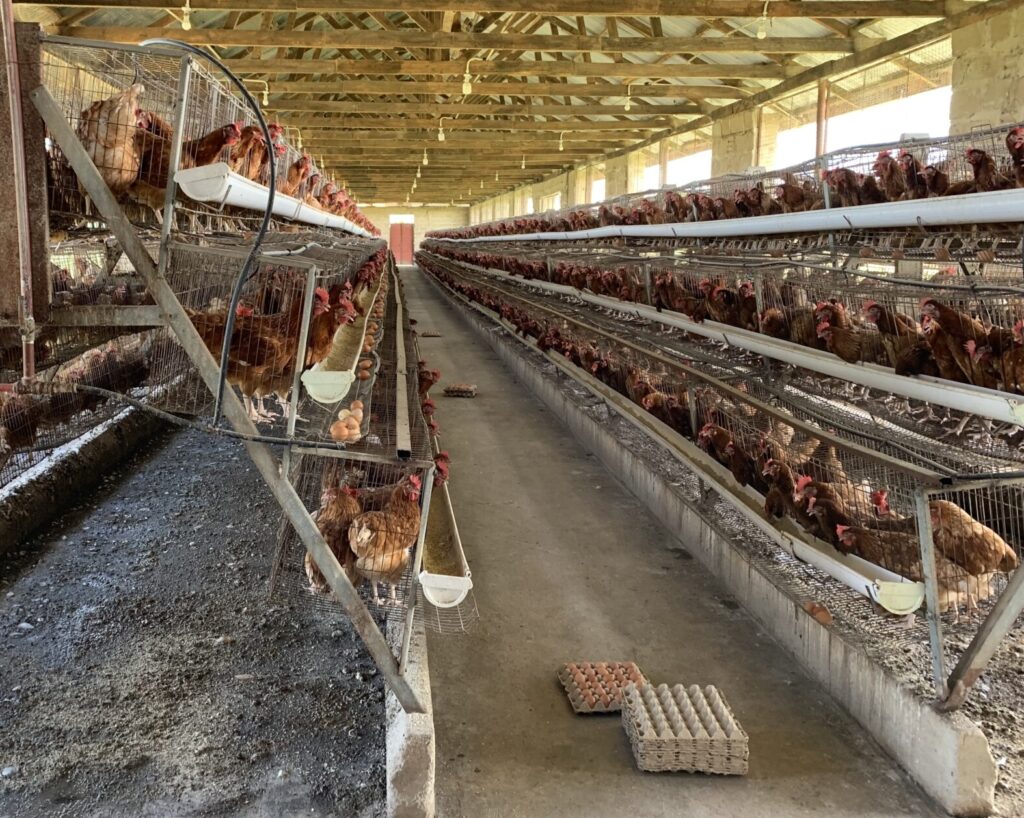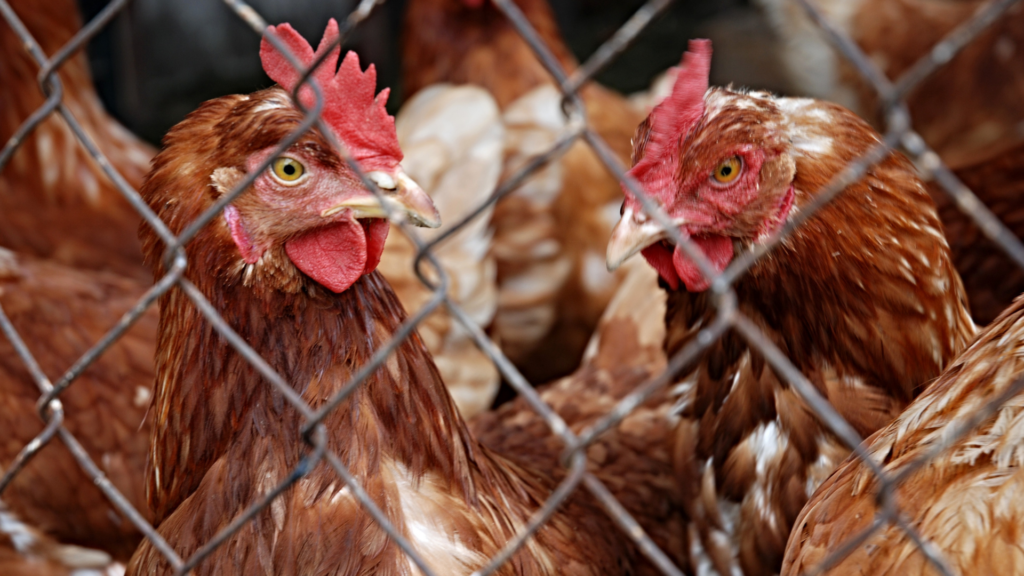Mitigating the spread of antimicrobials and resistant microbes through treatment of manure
Context
In April 2017, Tanzania launched their National Action Plan to guide mitigation strategies in line with the Global Action Plan on antimicrobial resistance (AMR) using a One Health approach. There is currently high usage of antimicrobials in livestock in Tanzania, for example, between 2010 and 2017, consumption of antimicrobials in livestock reached approximately 12.2 million tonnes (Kimera et al., 2020; Mdegela et al., 2021; Sangeda et al., 2021). In the animal sector, the highest consumption of antimicrobials is in short-cycle food producing animals, in particular poultry, which are reared commercially under intensive production systems.
Problem
While intensive poultry farming is on the rise to meet the increased demand for animal derived protein and income, there is a parallel increase in the use of antimicrobials for prevention and control of diseases. Evidence suggests that only a small portion (10-30%) of orally administered antimicrobials are utilised, leaving the majority (70-90%) to be excreted in manure as parent or metabolized compounds.
Poultry manure is a desirable fertiliser used in crop production, aquaculture, and other food production. The use of manure could lead to increased environmental contamination with antimicrobial residues and antimicrobial resistant pathogens and genes across the food chain.
“The remedy for AMR challenges requires a One Health approach to ensure the health and wellbeing of humans, animals, and the environment. The use of simple manure treating technologies provide an opportunity to use safe poultry manure for safe food”
Prof. Robinson Mdegela, Sokoine University of Agriculture
Project overview
This project theorises that adoption of simple and cost-effective poultry manure processing technologies and processes could reduce the spread of antimicrobials in the environment, by intercepting the transmission cycle in humans, animals and the environment.
Specific objectives for the project include:
- To establish the knowledge, attitude, and practices (KAP) of commercial poultry manure farmers/processors on current use of poultry manure and associated potential food safety risks.
- To strengthen existing regulatory frameworks that support increased uptake of processed and safe use of manure from commercial poultry farms.
- To optimise poultry manure processing technology for mitigating antimicrobial residues and bacterial antimicrobial resistance.
- To build a business case for value added poultry manure from farm to end users and propose means for commercialisation and guidance for scaling-up after the project period.
- To build capacity through training and disseminate project findings to relevant stakeholders using a knowledge translation approach.
- To evaluate the impact of the manure processing technology on employment/income, manure quality and value, and reduced antimicrobial resistant contamination.
Outcomes
This project intends to introduce manure processing technology that will aid in treating manure in Tanzania, leading to safer fertiliser for organic and non-organic products, and ultimately safer food products. It is expected to have an added benefit of creating employment opportunities for small businesses for manure composting and fertiliser sales.
Outcomes from this project are intended to inform and lead to revision of national policies with recommendations regarding the safe use of poultry manure in short cycle horticultural crops in urban and peri-urban areas of Tanzania mainland and Zanzibar.
“This project will assess, together with private companies, how different ways of composting poultry manure can reduce antimicrobial residues and resistant microorganisms. Treated and quality manure fertiliser is in demand for farmers producing high value crops, and in particular, organic farmers”
Professor Anders Dalsgaard, Senior Scientific Advisor, ICARS
Facts
Region: Africa
Sector: Environment
Country: Tanzania
Type: Project
Country partners: Tanzanian Ministry of Livestock and Fisheries, Sokoine University of Agriculture (SUA), Zanzibar Livestock Research Institute (ZALIRI), Ministry of Agriculture, Irrigation, Natural Resources and Livestock, Zanzibar
Timescale: 1st May 2022 - 31st October 2025
ICARS funding: 564,699 USD
ICARS Science Team


Resources
Share
Share this project on socials



